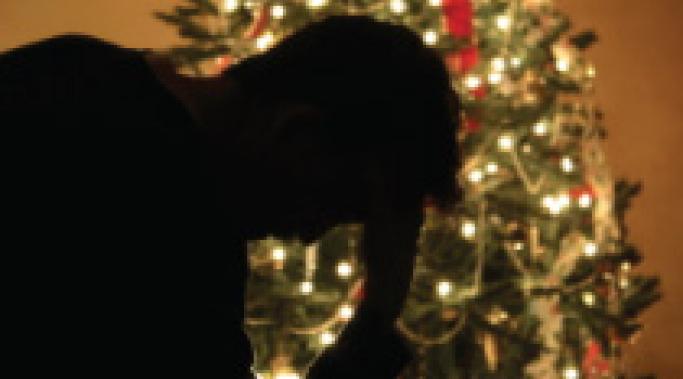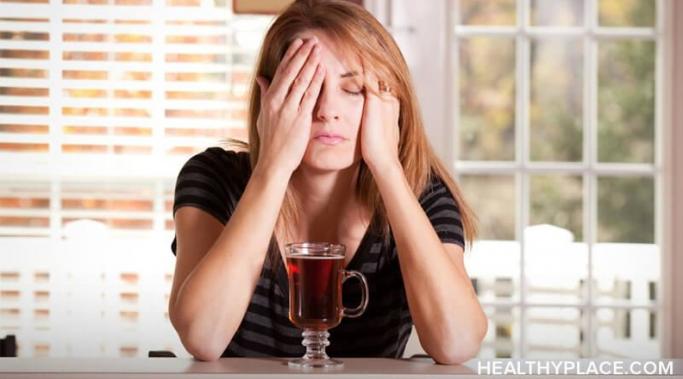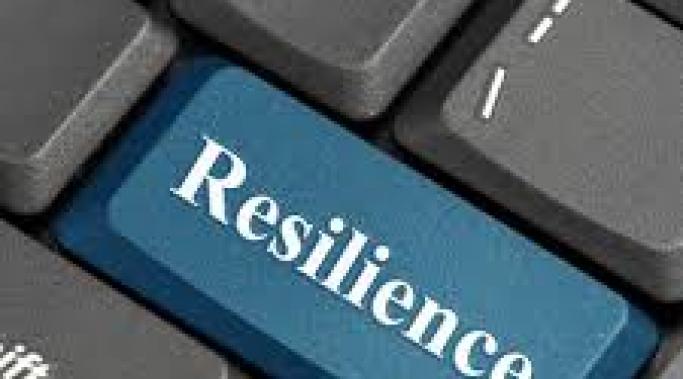There are many mental health myths such as mental illness only affects a few people or mental illness is caused by personal weakness. However, some mental health myths, especially myths surrounding suicide, can be particularly dangerous.
Recovering from Mental Illness
"Sheriff's Department, open the door!"
At first I thought it was a joke, but then I heard the sound of a struggle and someone screaming. I opened my door, only for a staff member to wave me back into my apartment. She was on the phone. "He's psychotic. He's seeing things. He was cooperating but they took him down when he tried to run. What do you want to do?" I posted the details of the confrontation on my Facebook page with the hashtag #PsychPatientsLivesMatter and soon received comments on my bravery.
I have a a four-year-old nephew, Landon, who is exhibiting traits of obsessive-compulsive disorder (OCD). He insists the blocks be arranged by color and cries when they are not. Autism has been ruled out, so the next suspect is OCD. But is it really OCD, or is it just a phase? How young is too young to make a diagnosis of mental illness? And when a diagnosis is made, at what age should treatment start?
I have a new neighbor who scares me. He likes to wander the halls, yelling at nobody and at least once threatening criminal activity. I'm scared it could turn violent. I lock my door, keep a knife handy and try to ignore his rants. People have told me to call the police and try to get him admitted to the psych ward. But the staff at my apartment assure me he's sick, not violent, and there's nothing they can do. Which means there's nothing I can do. So how sick is too sick to be in public?
Those of us in mental health recovery are often faced with the hardships our symptoms can cause us. It can be easy to get discouraged, to look at our progress in recovery and tell ourselves, “I’m never going to overcome this mental illness.”
Other than a trip to the hospital, my Thanksgiving was great. I became ill almost immediately after the dinner and assumed I had indigestion. On the following Sunday, I called my doctor after Googling "indigestion lasting three days." The nurse sent me to the emergency room (ER), where I was admitted with a diagnosis of acute pancreatitis. That may not sound like the most educational of experiences, but I've learned three things about mental illness and how it is affected by physical health.
Christmas is a tough time of year for me. After my maternal grandfather died on Christmas Eve when I was a child, my mother became emotionally abusive. In addition, the often overcast weather prevents me from getting enough sunlight. Add that to the fact that everyone expects me to be cheerful and you have a perfect storm for symptoms of mental illness.
So how do we, as people in recovery from mental illness, deal with holiday depression?
Mentally ill people don’t have a pass on life’s crises. Wouldn’t it be great if The Universe said, "You are one who suffers daily. To make it fair, I hereby declare mentally ill people should be spared from life’s hardships?"
I sit in my home by myself because my family left. I don’t blame them. They just couldn’t take it anymore. What they couldn’t take was me and my posttraumatic stress disorder (PTSD). I have come to refer to it as “the PTSD me,” because it often feels there’s two completely different people within me.
I am in the interesting position of being both a family member of a mentally ill person and being mentally ill myself. It sometimes gives me a unique understanding into both sides of the issues that can arise between the ill person and their family members.









